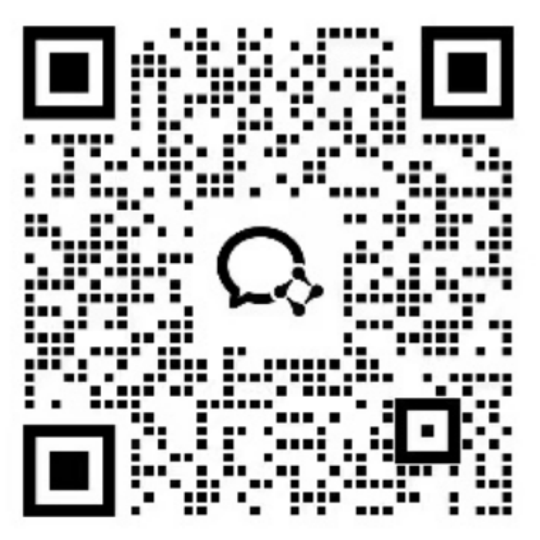各工作组如何协作合作项目


一、UNDERSTANDING THE IMPORTANCE OF TEAMWORK IN PROJECT MANAGEMENT
Effective teamwork is vital in project management. It not only increases productivity but also fosters a culture of collective responsibility, which can lead to improved project outcomes. When team members understand their roles, respect each other's expertise, and know how their tasks contribute to the overall project objective, they can collaborate more efficiently and effectively. In addition, effective collaboration tools and communication channels can significantly improve teamwork in project management.
Let's expand on one crucial aspect: fostering a culture of collective responsibility. In any project, the responsibility for success doesn't lie solely with the project manager or any specific team. Instead, it's a collective effort where every team and individual has a role to play. When this sense of collective responsibility is fostered, team members feel more invested in the project, leading to higher levels of commitment and motivation. This can result in improved project outcomes, with tasks completed on time and to a higher standard.
二、DEFINING ROLES AND RESPONSIBILITIES
One of the first steps in ensuring effective teamwork in project management is to clearly define the roles and responsibilities of each team. This helps to eliminate confusion and prevent tasks from falling through the cracks. Each team should understand what is expected of them and how their work contributes to the overall project. This not only ensures that all tasks are adequately covered, but also helps to create a sense of ownership among team members.
For instance, the design team should be clear about what designs are needed, the timeline for delivering these designs, and how these designs fit into the overall project. Similarly, the development team should know what features need to be developed, their priorities, and how these features will help achieve the project goals.
三、ESTABLISHING EFFECTIVE COMMUNICATION CHANNELS
Effective communication is another crucial aspect of teamwork in project management. All teams involved in a project should have clear, open, and consistent communication channels. This can be achieved through regular meetings, project management tools, and other communication platforms.
The purpose of these communication channels is to ensure that everyone is on the same page regarding the project's progress, any changes or updates, and any issues or challenges that may arise. This can help to prevent misunderstandings, ensure that problems are addressed promptly, and keep the project on track.
四、USING COLLABORATION TOOLS
The use of collaboration tools can greatly enhance teamwork in project management. These tools can help teams to stay organized, keep track of tasks, share documents and resources, and communicate effectively.
For instance, project management software like Asana or Trello can be used to assign tasks, track progress, and manage deadlines. Tools like Slack or Microsoft Teams can be used for communication, allowing team members to discuss tasks, share updates, and collaborate on problems in real-time. File sharing platforms like Google Drive or Dropbox can be used to store and share project-related documents and resources.
五、RESOLVING CONFLICTS PROMPTLY
Conflicts are inevitable in any team-based work, including project management. However, how these conflicts are managed can greatly impact the effectiveness of the team. When conflicts arise, they should be addressed promptly and fAIrly.
The project manager should facilitate discussions between the conflicting parties, helping them to understand each other's perspectives and find a mutually agreeable solution. This not only helps to resolve the issue at hand but also helps to maintain a positive team atmosphere and prevent further conflicts.
六、CONTINUOUS LEARNING AND IMPROVEMENT
Finally, effective teamwork in project management involves continuous learning and improvement. After each project or phase of a project, teams should reflect on what worked well, what didn't, and how they can improve in the future. This can be done through post-project reviews or feedback sessions.
This process of reflection and learning helps teams to continuously improve their collaboration skills, leading to more effective teamwork and better project outcomes in the future.
In conclusion, effective teamwork in project management requires a combination of clearly defined roles and responsibilities, effective communication, the use of collaboration tools, prompt conflict resolution, and a commitment to continuous learning and improvement. When these elements are in place, teams can work together more effectively, leading to improved project outcomes and a more enjoyable work environment for all.
相关问答FAQs:
1. 为什么在项目中需要工作组之间的协作合作?
在项目中,不同的工作组负责不同的任务和领域,只有通过协作合作,才能充分发挥各自的优势,提高工作效率,确保项目的顺利进行。
2. 如何确保各工作组之间的有效协作合作?
为了确保各工作组之间的有效协作合作,可以采取以下措施:
- 设立明确的沟通渠道,定期召开会议或使用协作工具进行沟通和信息共享。
- 建立良好的团队合作氛围,鼓励成员之间相互支持和帮助。
- 制定清晰的工作计划和目标,明确各工作组的职责和任务,避免重复劳动和资源浪费。
- 提供必要的培训和资源支持,确保各工作组具备完成任务所需的知识和技能。
3. 如何解决工作组之间可能出现的协作合作问题?
在工作组之间可能出现的协作合作问题,可以采取以下解决措施:
- 及时发现和解决沟通不畅、信息不对称等问题,确保信息流畅和及时。
- 鼓励团队成员提出问题和困难,及时给予帮助和支持。
- 设立有效的冲突解决机制,处理工作组之间的分歧和冲突。
- 建立良好的反馈机制,及时评估和调整工作组的协作合作方式,不断改进和提高工作效率。
版权声明:本文内容由网络用户投稿,版权归原作者所有,本站不拥有其著作权,亦不承担相应法律责任。如果您发现本站中有涉嫌抄袭或描述失实的内容,请联系邮箱:hopper@cornerstone365.cn 处理,核实后本网站将在24小时内删除。
相关文章推荐
立即开启你的数字化管理
用心为每一位用户提供专业的数字化解决方案及业务咨询




